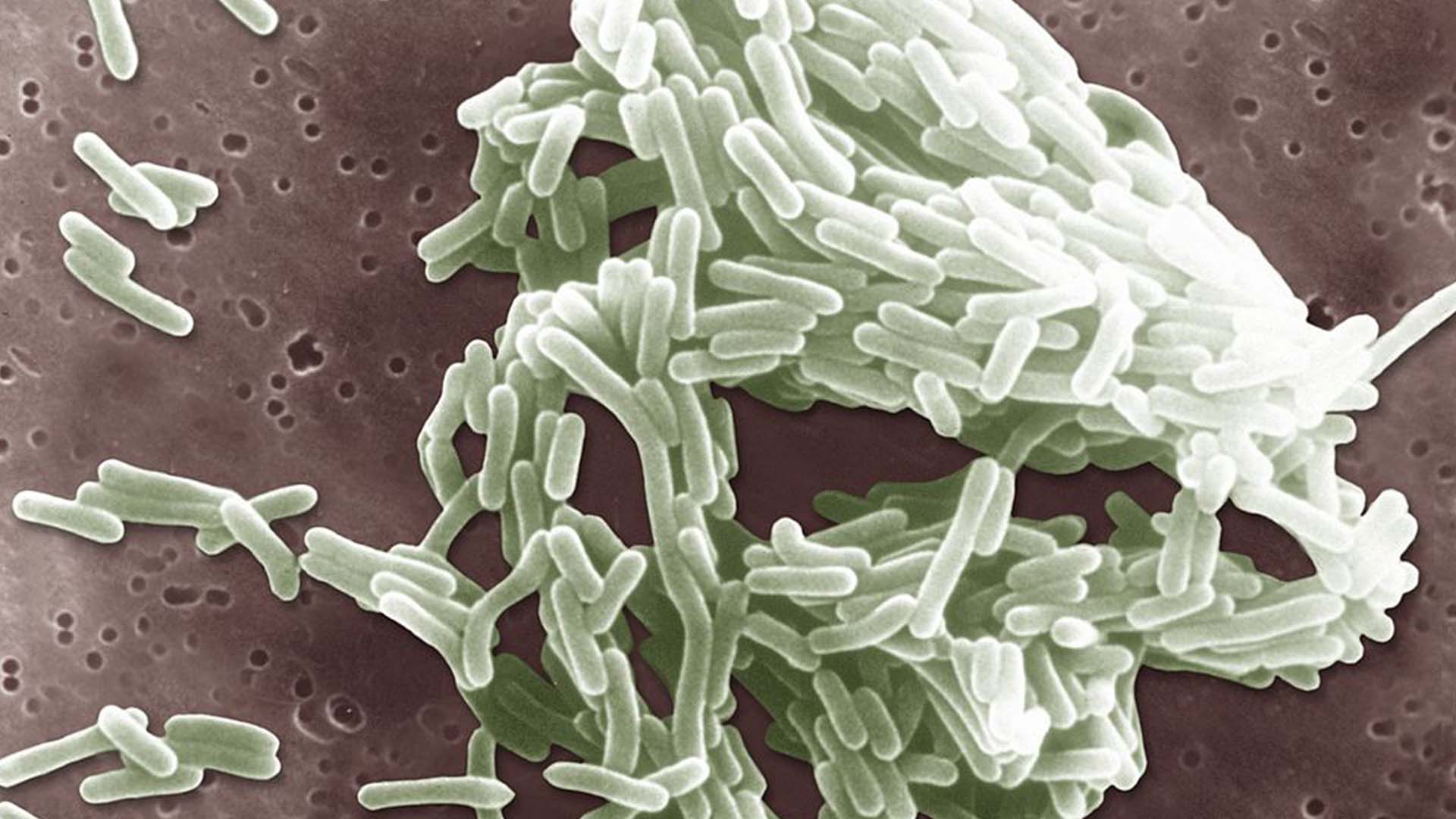Recall expanded to include over 2 million pounds of ham, pepperoni products due to listeria concerns
Alexander & Hornung, a meat company based in St. Clair Shores, Michigan, is expanding a previous recall of cooked ham and pepperoni products over listeria concerns from 234,391 pounds to 2,320,774 pounds, according to the U.S. Department of Agriculture’s Food Safety and Inspection Service (FSIS).
The meat products that may be contaminated were sold at retailers nationwide, the FSIS said.
The recalled items were produced on various dates and should have the establishment number "EST. M10125" inside its USDA mark of inspection.
The list of contaminated products increased from 17 to 27, which can be found with specific sell-by dates and product names here.
Alexander & Hornung issued the first recall on Dec. 5 after being notified that "product sampling reported positive listeria monocytogenes results," according to the FSIS.

FILE - Food label of FOOD CLUB Fully Cooked Spiral Sliced Ham. (U.S. Department of Agriculture’s Food Safety and Inspection Service)
RELATED: 234K pounds of ham, pepperoni products recalled over listeria concerns
"We are committed to producing the highest quality product, therefore, out of an abundance of caution, we have decided to recall a limited amount of further processed items," Gary Malenke, senior vice president of plant operations for Alexander & Hornung, said in a statement to FOX Business regarding the first recall.
To date, there have been no reports of adverse reactions related to the recall, the FSIS said in a Dec. 11 news release regarding the recall expansion.
Food contaminated with L. monocytogenes can cause listeriosis, a serious infection that primarily affects older adults, people with weakened immune systems, and pregnant women and their newborns, the FSIS said.
Listeriosis can cause fever, muscle aches, headache, stiff neck, confusion, loss of balance and convulsions — sometimes preceded by diarrhea or other gastrointestinal symptoms.
"In pregnant women, the infection can cause miscarriages, stillbirths, premature delivery or life-threatening infection of the newborn. In addition, serious and sometimes fatal infections in older adults and persons with weakened immune systems," the agency warned.
RELATED: Conagra Brands recalls some Birds Eye broccoli tots due to presence of small rocks, metal fragments
Listeriosis is treated with antibiotics. Consumers concerned about an illness should seek medical care and tell the doctor about eating possibly contaminated food if they have a fever and other symptoms of possible listeriosis, such as fatigue and muscle aches, within two months after eating, according to the U.S. Centers for Disease Control and Prevention.
"This is especially important if you are pregnant, age 65 or older, or have a weakened immune system," the U.S. Centers for Disease Control and Prevention states on its website.
"If you ate food possibly contaminated with Listeria and do not feel sick, most experts believe you do not need tests or treatment. Talk with your medical provider if you have questions about what to do after eating possibly contaminated food," the agency added.
Kelly Hayes contributed to this report.


